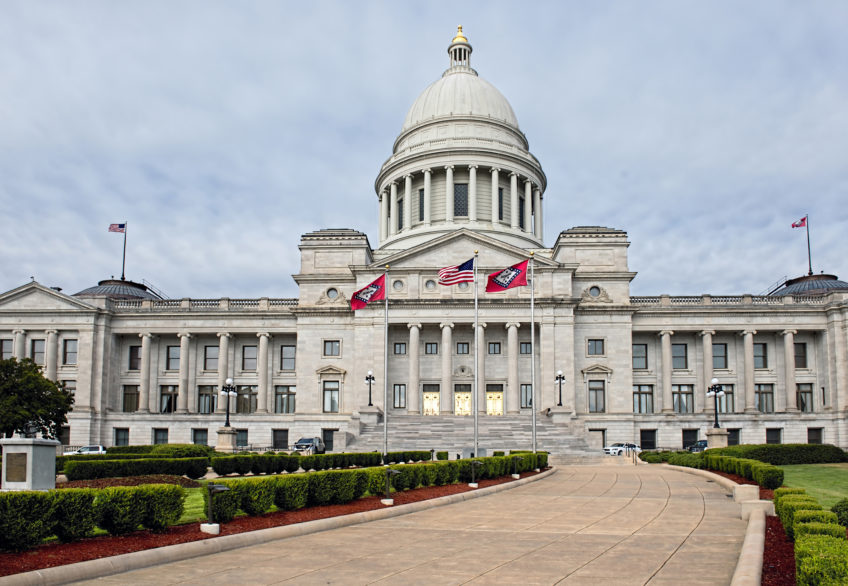Arkansas Fumbles the Ball With Fantasy Sports Tax
Rotisserie league and general fantasy sports betting contests have existed for decades. With the internet, now millions can compete in daily and season-long fantasy sports contests, often with entry fees and substantial cash prizes. Nearly 10 million Americans participate in these daily paid contests. Unfortunately, as states have sought to clarify the legality of fantasy sports betting and ensure consumer protection, tax and revenue authorities have treated the industry as a vast pot of money to plunder.
More than 20 states have at least partially legalized fantasy sports betting contests, while another 18 have pending legislation that seeks to do so. Under a new law, effective July 30, Arkansas joined 13 other states that have recently legalized paid fantasy sports contests available through outfits such as DraftKings or FanDuel. But in addition to legalizing the contests, Act 1075 also levies a new 8 percent “privilege tax” on the total gross revenues of game operators, i.e. a modified gross receipts tax on all entry fees collected less any prizes paid to players.
Many states, such as New Hampshire, have legalized fantasy sports contests without imposing such additional taxes. In fact, most have opted to treat fantasy sports identical to any other business, maintaining a fair and neutral tax base.
Arkansas’ new law departs from the norm by encumbering the entertainment industry with this particularly harmful and discriminatory gross receipts tax. Although all taxes negatively affect economic growth (a tradeoff society must make for proper governance), volumes of academic literature clearly shows gross receipts taxes are some of the most harmful.
Without touching on possible social harms connected to fantasy sports, competition is fierce as more states rush to legalize the game. Singling out this entertainment industry for a discriminatory tax burden will deter entities in that field from establishing headquarters in that state. Those residents seeking to engage in this form of entertainment online will still do so—but any economic growth and wealth from the business operations will be sent elsewhere.
The ALEC Principles of Sound Taxation state that tax policy should be competitive, neutral and fair to all business, regardless of industry. Arkansas continues to offer a multitude of subsidies and targeted tax preferences for favored industries. The solution to this problem is a tax system with a base as broad as is reasonably possible, enabling a lower tax burden for the largest possible number of individuals and businesses. Rather than suppress the growing fantasy sports business with discriminatory taxation, lawmakers in Arkansas should seek ways to broaden their tax base, eliminate cronyism, and enact pro-growth tax relief.

